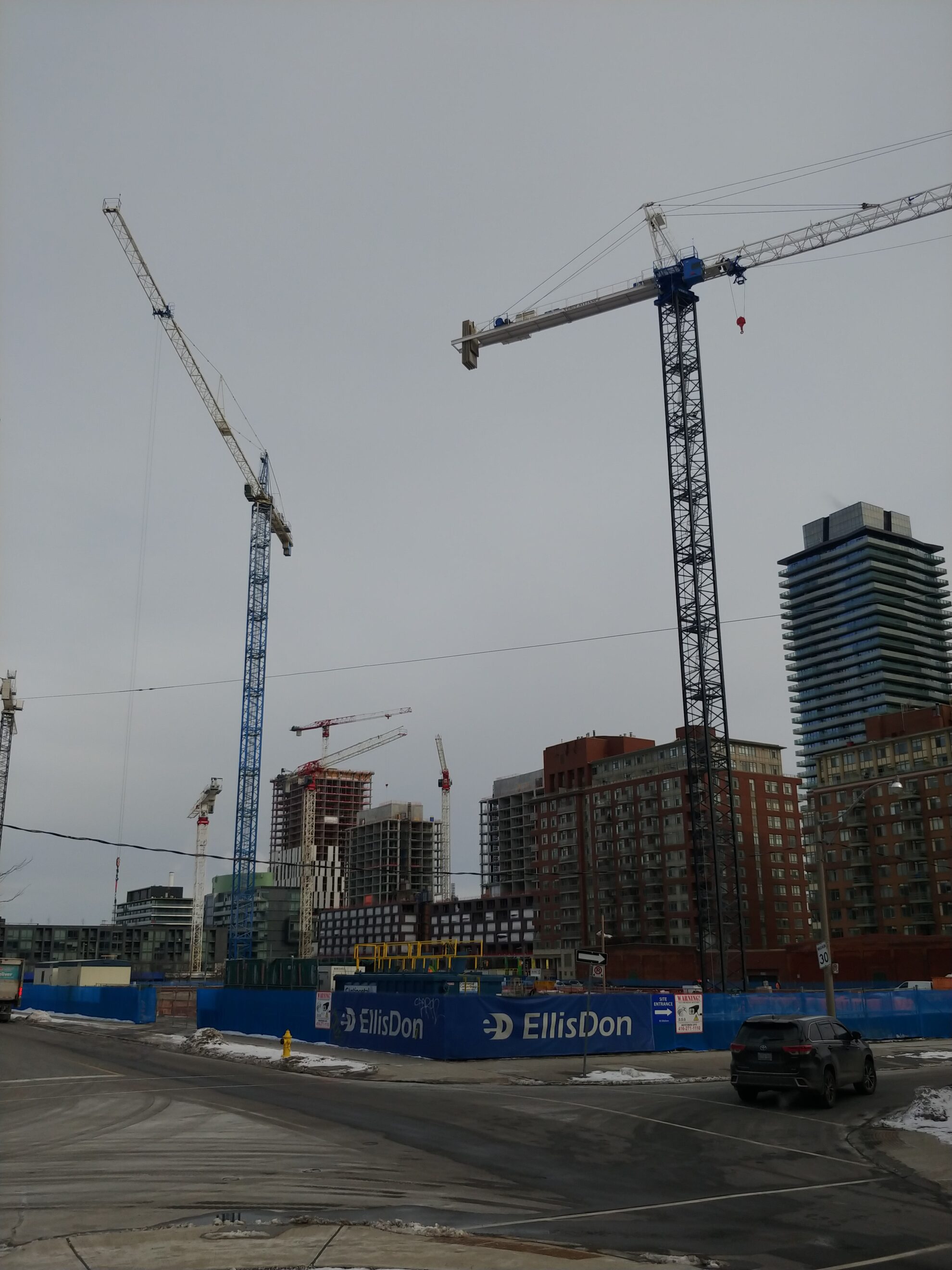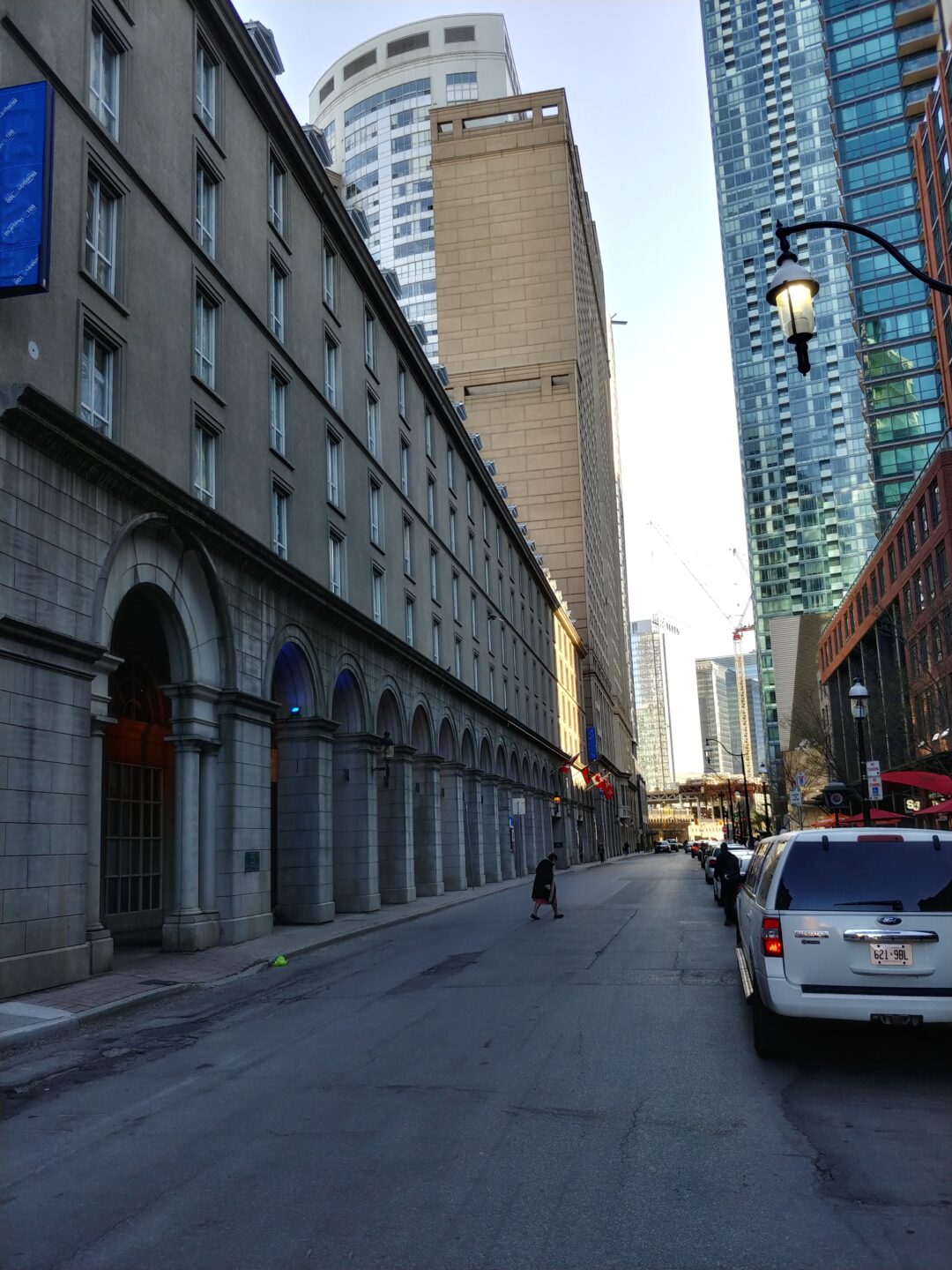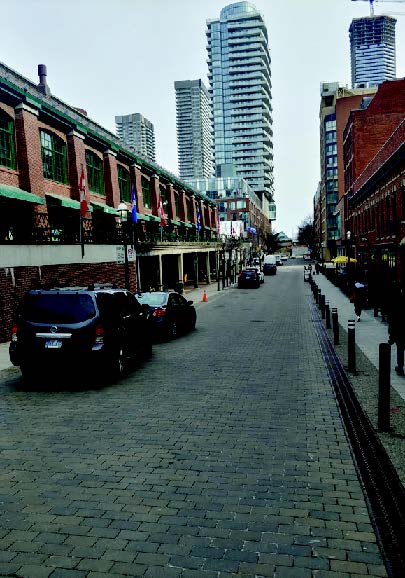By Andre Bermon
–
What do you call it when bankers, fund managers, academics, a former provincial party leader, developers and a non-profit get together?
Answer: the Ontario Housing Affordability Task Force.
This group, mainly representing the private sector, looked at solutions to the problem of housing affordability.
Their verdict: trust the market and build more.
The February report by the provincial government’s housing task force is couched in a neo-liberal philosophy that tries to simplify a complex and\ varied problem to a matter of supply and demand. If people can’t afford a place to live, then just build more houses until prices come down.
Brilliant. In other words, keep the real estate casino going.
The lack of affordable housing comes down to more than just basic lack of supply. Market conditions over the last two to three decades – stagnant wages, historically low interest rates and the growing consolidation of wealth – are equally important.
A quarter of Ontario’s residential real estate sales go to investors, meaning individuals or companies owning multiple properties. That proportion goes up to a third in downtown Toronto. Buying homes takes large amounts of capital, so only those who have it can do it. Rich people increasingly dominate the market, helped by cheap access to money, which contributes immensely to pricing less wealthy people out of neighbourhoods across the province.
The report targets an ambitious goal of building 1.5 million new homes over 10 years, but would that change the market and lower prices enough for average Ontarians to compete?
In large towns and rural communities where land is cheap, and in some places easily accessed by highways, massive building has potential for increasing affordability.
But the housing task force emphasizes expanding housing in cities, where coincidentally– profitability is highest. Since space is harder to come by in cities, land use planning would need to drastically change in order to enable the desired amount of new housing.
The task force argues that obstacles from recalcitrant local politicians, NIMBY groups (‘not in my back yard’), and proscriptive planning rules such as heritage asset protections inhibit development to meet the needs of our growing population. They call for “as of right” zoning rules to bypass consultations, and even suggest repealing any policies or plans that “prioritize the preservation of physical character of [a] neighbourhood”.
In some residential areas terms like “neighbourhood character” have been employed to block applications for added density. Even modest builds like laneway housing or garden suites have been accused of undermining the idyllic, suburban feel of single family home communities. Local councillors who survive on homeowner votes have been known to delay or block proposals that residents groups oppose.
But big-shot developers are not in the game to build two-storey rentals on Mr. and Mrs. Jones’ backyard. They want to silence objections to +40-storey glass behemoths in iconic districts like Queen West. By calling for province wide zoning standards, the task force is tacitly lobbying for the end of hard-fought Historical Conservations Districts and their guidelines that protect neighbourhoods from citywide uniformity.
Get rid of rules that govern finishes, colours and other aesthetic details, and it’s slap on fake red and black brick for all. Great.
The whole report reads like one big grocery list of developer demands. Build now, build bigger, and build faster. Anything that gets in the way, expunge it. And what are they trying to build?
Developers say that the market favours single-person dwellings like studios and one bedroom apartments. Most new condominiums downtown have less than 40 per cent family friendly units. What good do 600-square-foot flats do for community cohesiveness? Most are occupied by young people who are transient. Get a better-paying job or find a spouse wanting kids, and they’re gone.
The word “livability” does not appear in the report. The developers must have forgotten that high-density living devoid of ample green space and other social amenities affect people’s physical and mental well-being. Affordable housing – units at below-market rates provided with government support – was not part of the task force’s mandate.
Since Premier Doug Ford’s government sponsored the task force, I think it is safe to say that it will not produce a report on affordable housing. Toronto is a developers’ town and Canada’s economic engine, where banks and other financial institutions hold untold power and influence. Housing has become the catchall word substituting for profit and affordability, a nicely tied bow to mask an industry’s hellbent desire for unbridled densification, especially downtown.




